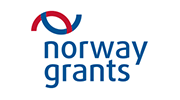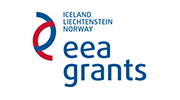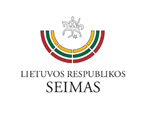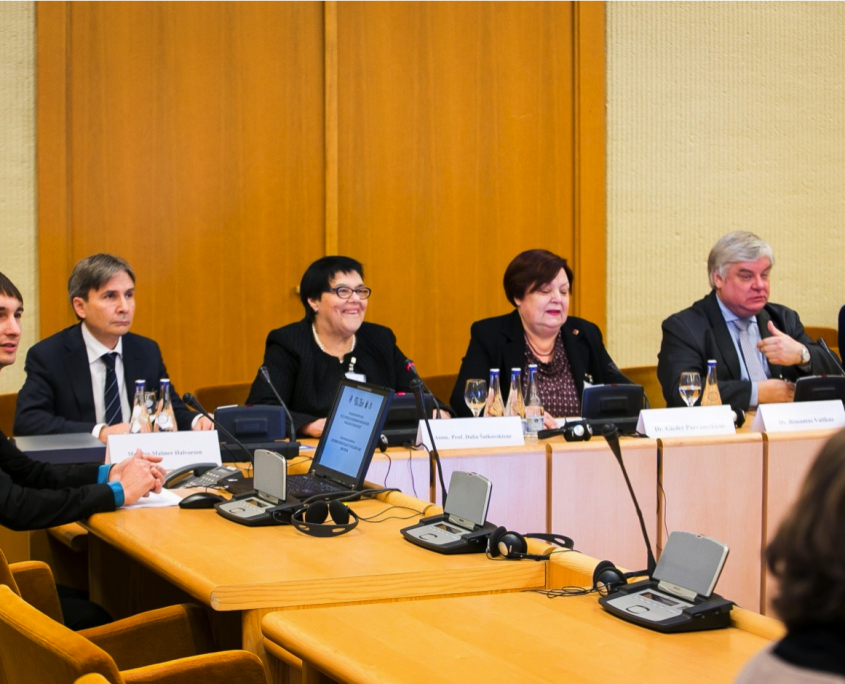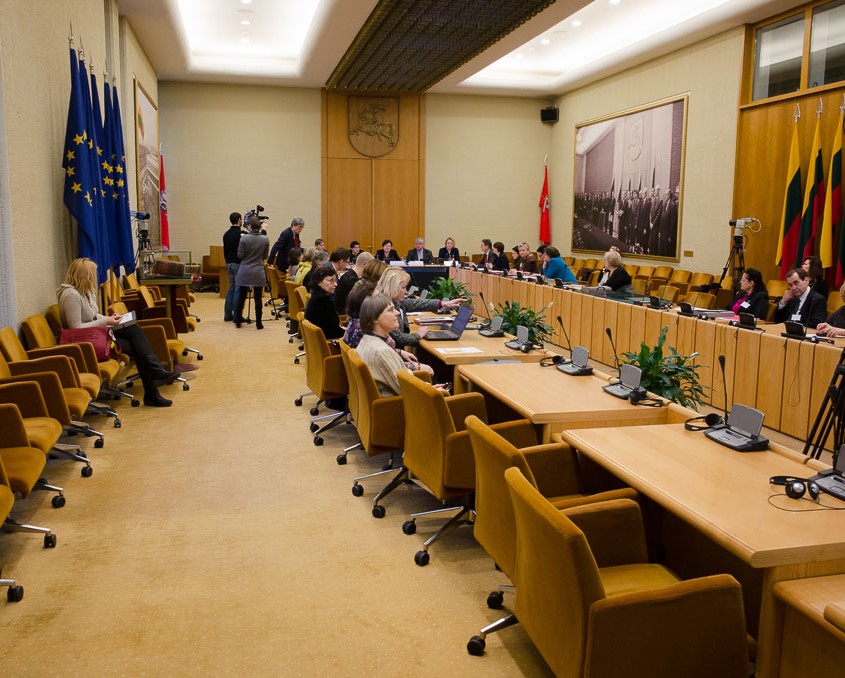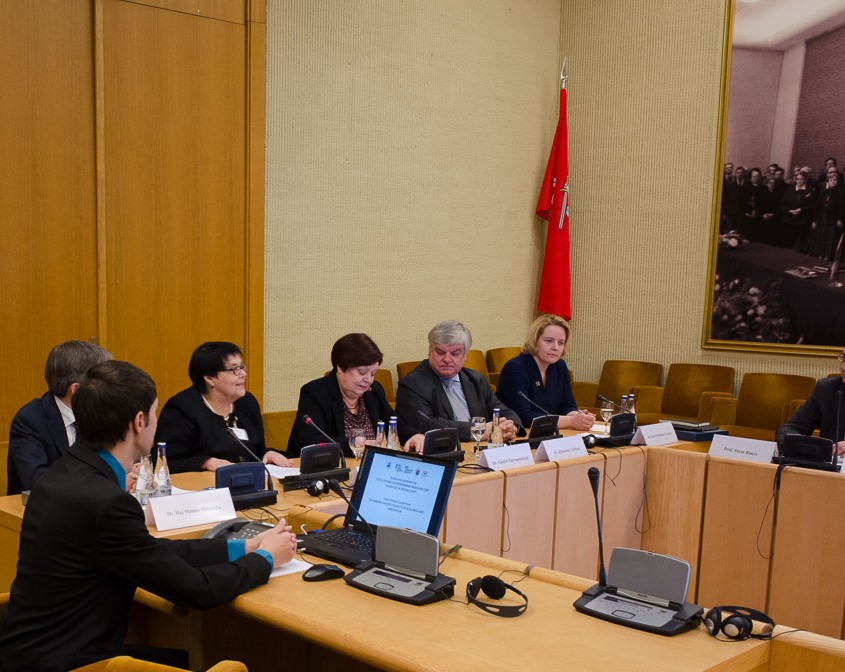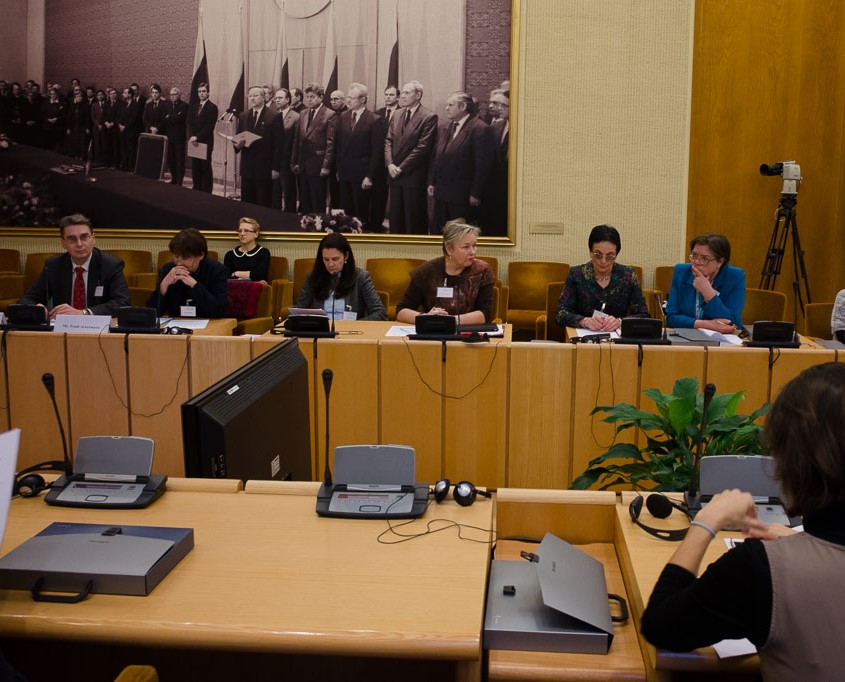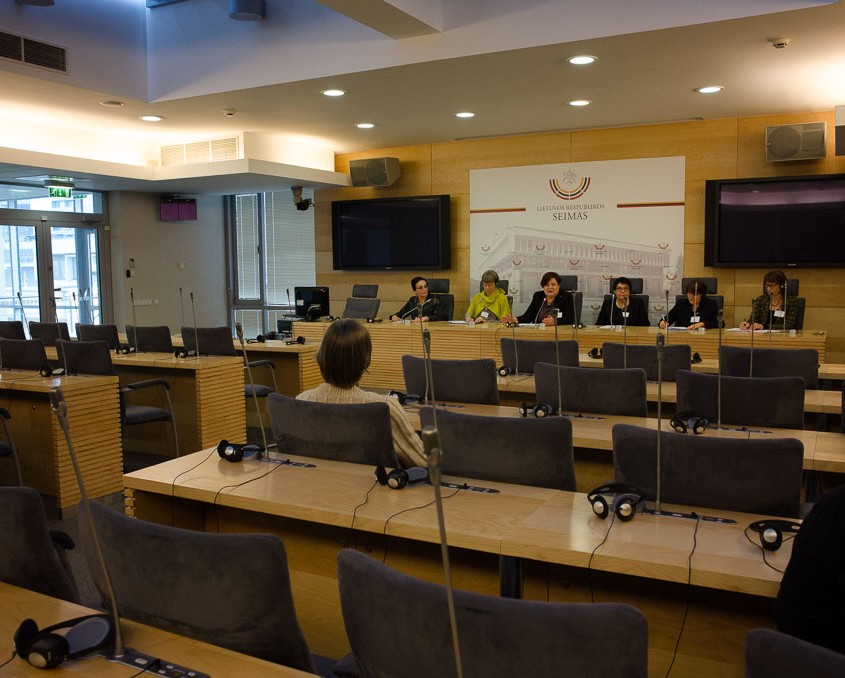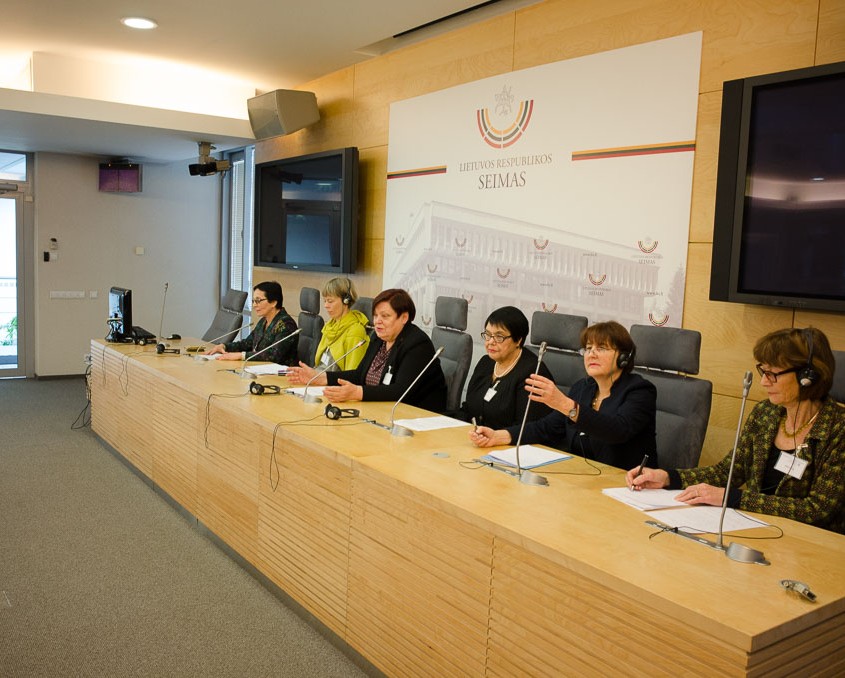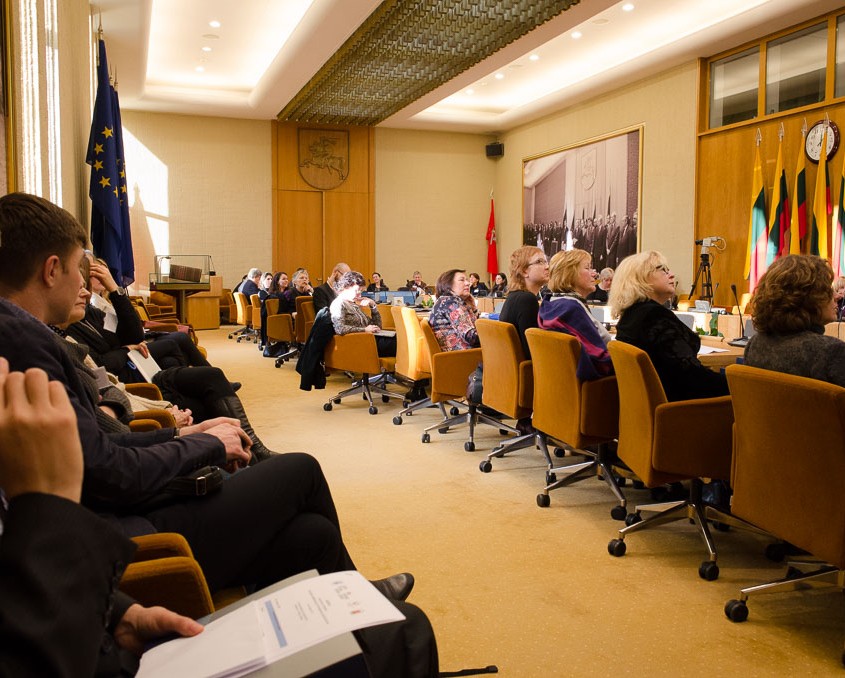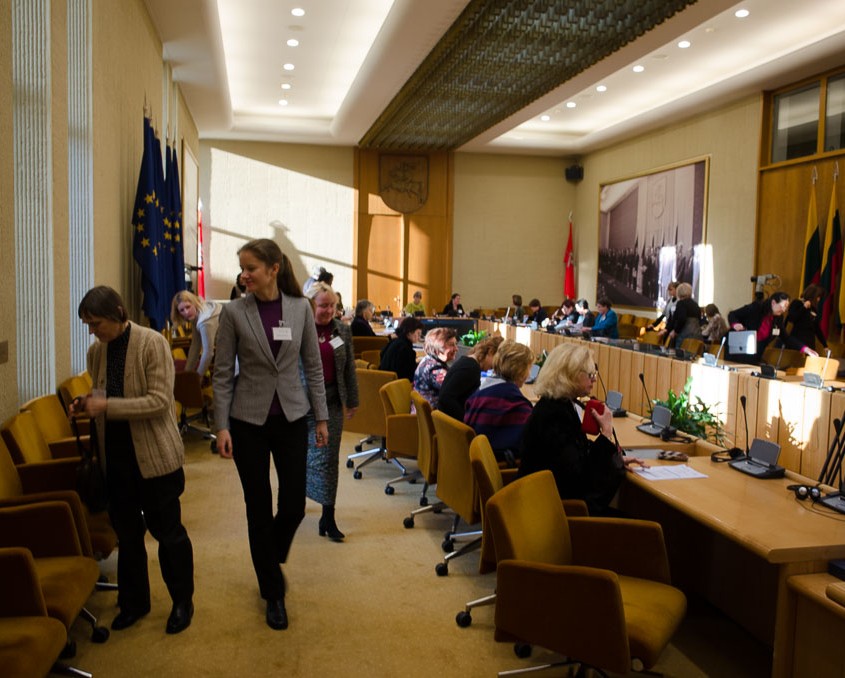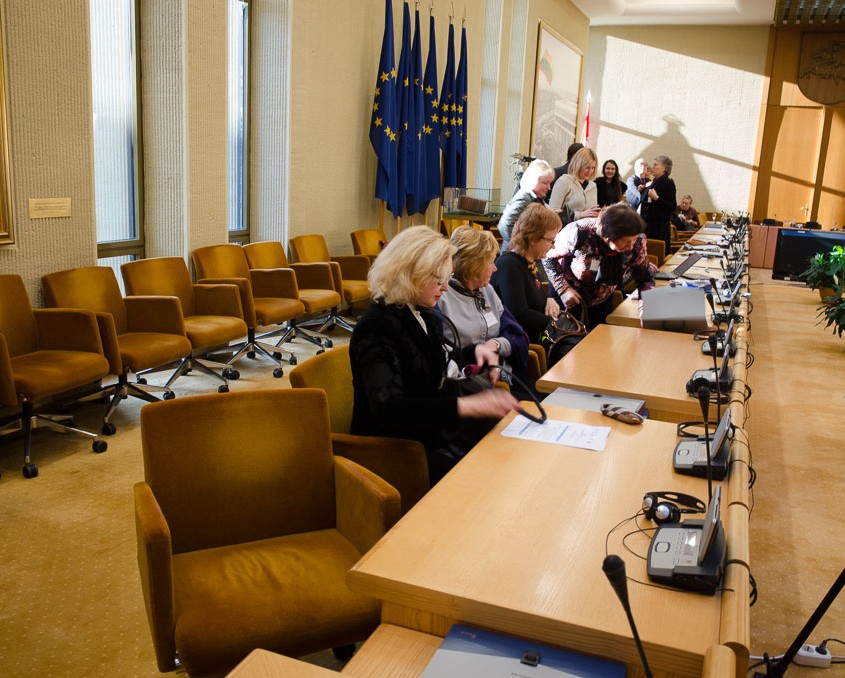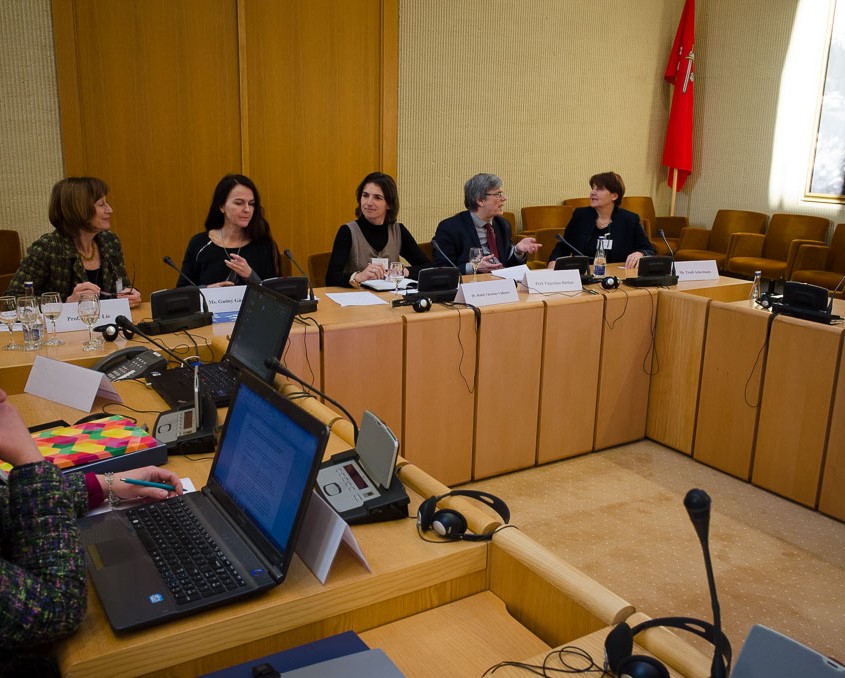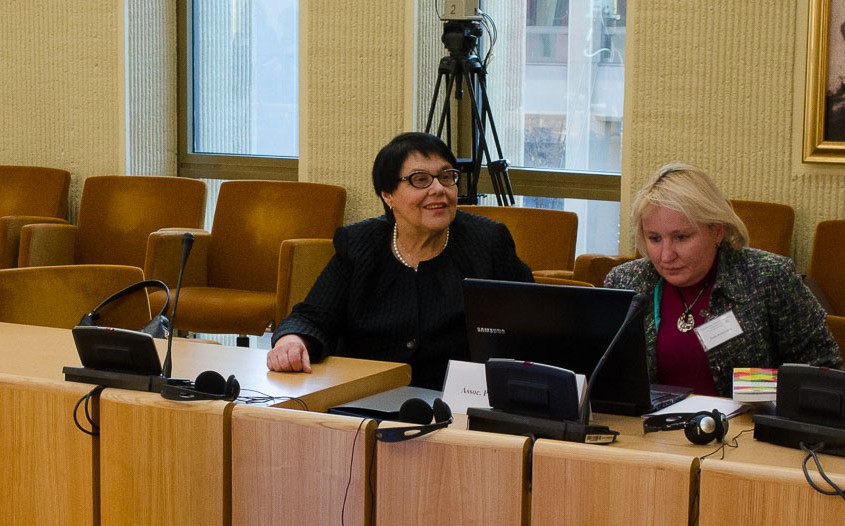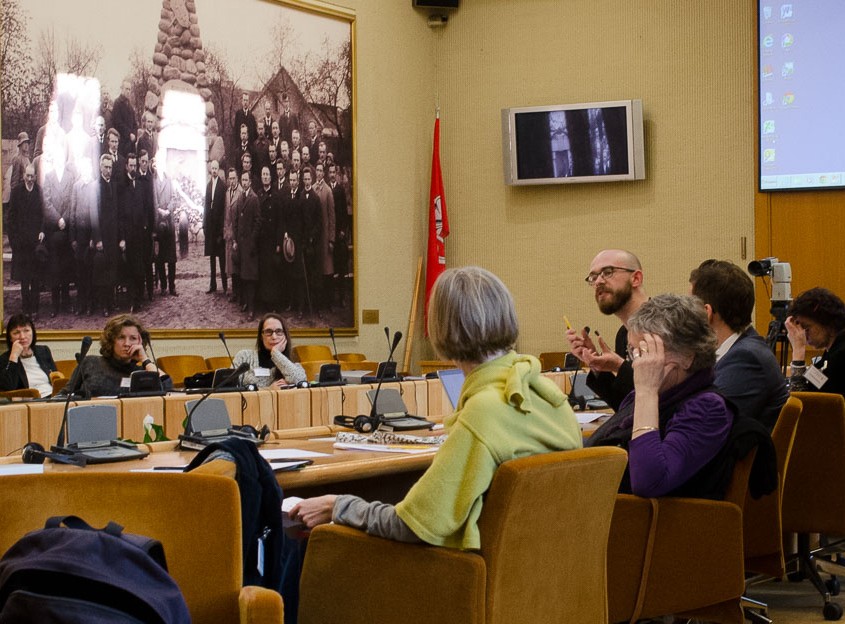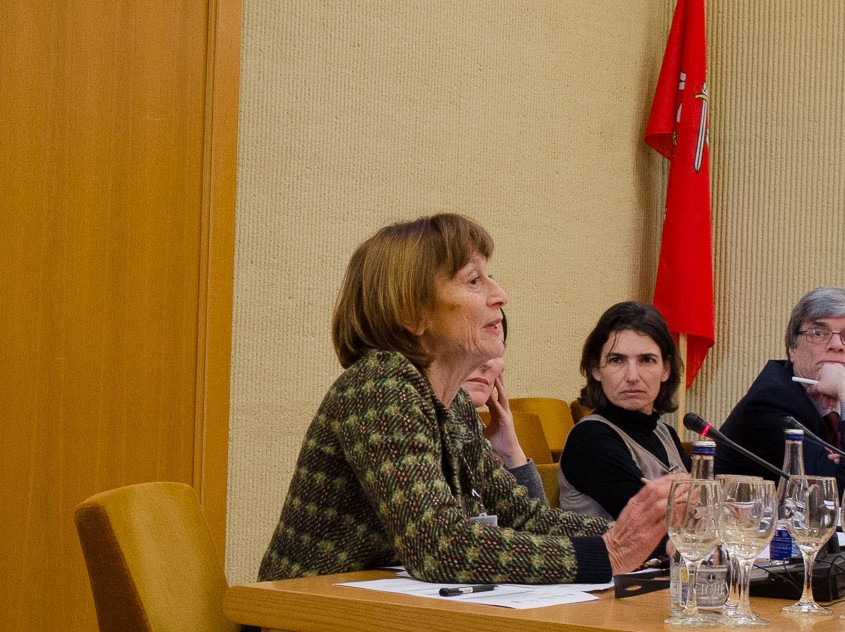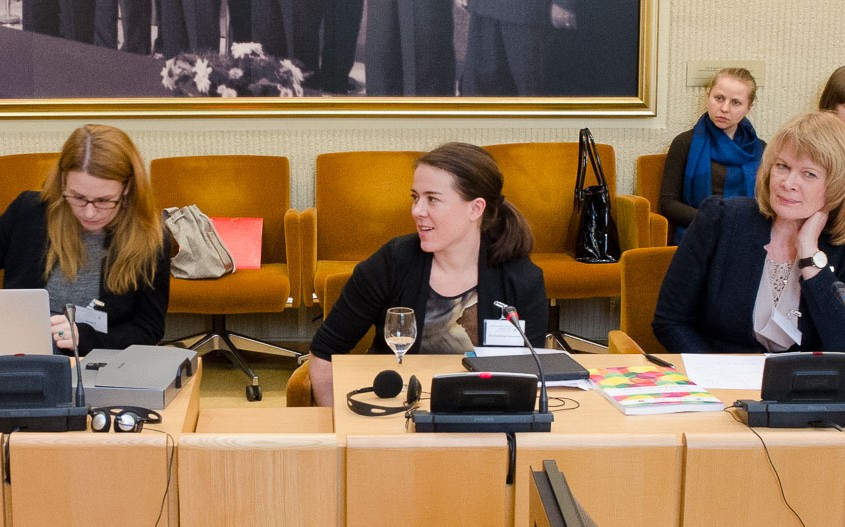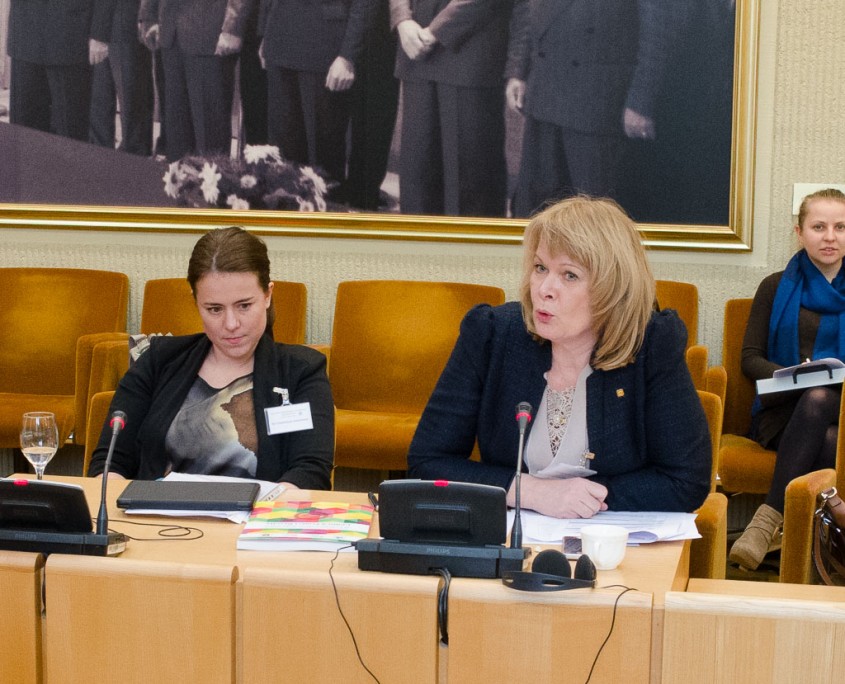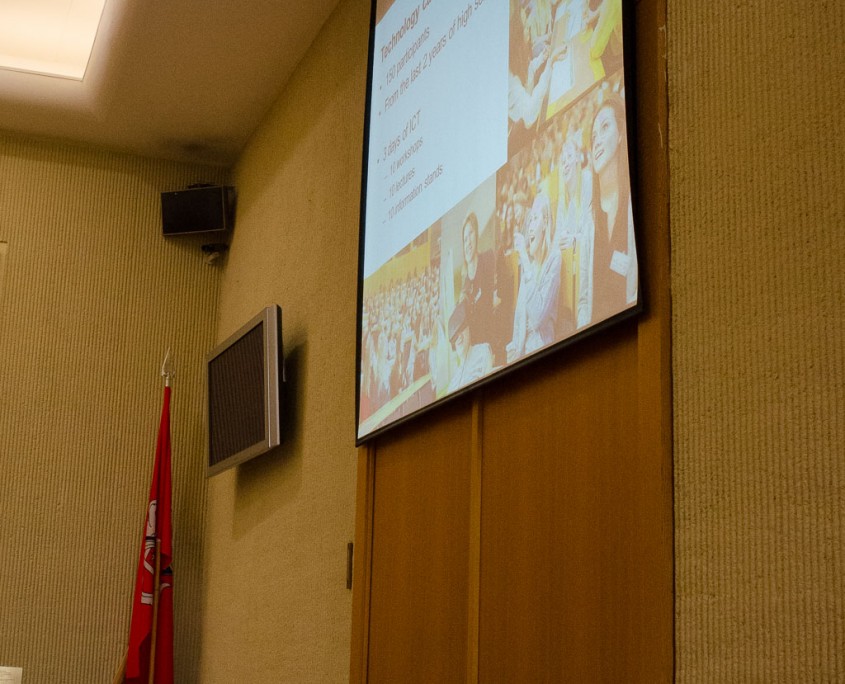Gender Equality Implementation in Research Institutions: Collaborative Approach
(GEIRICA)
.
Description of the international Conference
SUSTAINING GENDER EQUALITY IN RESEARCH AND INOVATION
Gender equality is among the priorities of the EU science policy. Gender equality conception in research is based on necessity to improve gender balance in research ensuring favorable and gender sensitive working culture and conditions in the fast changing modern world for both genders: women and man. This process is closely concerned with modernization of research institutions and more effective use of high qualified human resources in research and innovation. The structural change aiming at the improvement of framework conditions for research and innovation is seen as one of the key success factors leading to gender equality in research organizations. The experience of EU countries show that cooperation between scientists, practitioners and policy makers at all levels and all sectors of research including high education, government and business enterprise research is crucial in developing effective and sustainable mechanisms for change.
GEIRICA project closing conference is devoted to discuss problems concerned with main tasks and results of the project for supporting efectivness of collaboration among different stakeholders implementing structural change promoting gender equality in research organizations. The conception of the conference include the following points: the necessity of changes in research institutions & universities promoting gender equality as part of modernization of research organizations; the effectiveness of measures taken for implementing structural change and the methods of collaboration among stakeholders.
It is planned that the conference will get together about 60 high level participants from Lithuania and other European countries. The participants and speakers is covering national science policy makers from partner countries: high level administrators and executives from institutions, ensuring governing and financing science (Ministries of Education and Science, Science Councils, Funding Agencies etc); different level administrators of universities and research institutions (rectors, vice rectors, members of Senates, directors of research instututes, deans and, heads of department). Two worksops/round tables organized during the conference will get the opportunity in detailes discuss the best practices of partner countries ensuering the more effective aplication of their achievments in Lithuanian Universities and research institutions.

